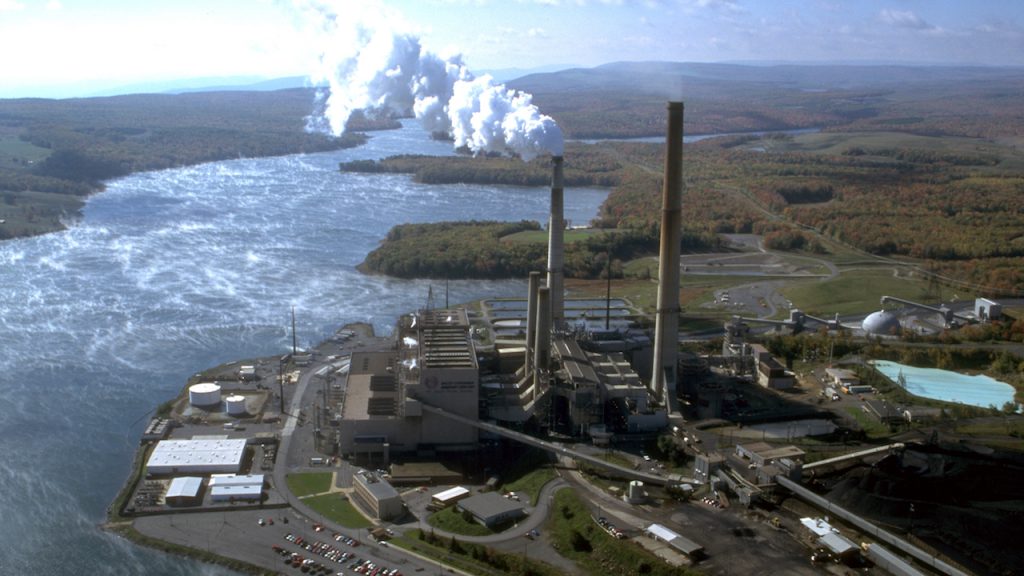
Six coal states are pressing the Trump administration to wrap up an almost two-year inquiry into whether coal and nuclear plant retirements are threatening the electric grid.
In letters to the Federal Energy Regulatory Commission, which overseas US power markets, utility commissioners from Alabama, Kentucky, Montana, Tennessee, West Virginia and Wyoming warned that plant closures are accelerating and “bringing increased attention to grid resilience and fuel security.”
The appeal comes almost two years after the commission rejected a Trump administration bid to bail out money-losing coal plants, dismissing the proposal as unlawful. But the agency left the door open to future action, by opening an inquiry into whether regulatory changes are needed to keep the lights on.
Alabama, Kentucky, Montana, Tennessee, West Virginia and Wyoming warned that plant closures are accelerating and “bringing increased attention to grid resilience and fuel security”
More than 200 comments have been filed with the commission since then, and more than a dozen coal-fired power plants have been decommissioned.
Now the states hardest hit by coal’s decline are asking the energy commission to finalize its review of the electric grid and, again, consider imposing market rules that could curb the closure of fossil-fuel generation.
They may find a sympathetic ear in commission chairman Neil Chatterjee, a Kentucky Republican and a longstanding champion of the coal industry who has faced criticism for pushing an ill-fated proposal to curb coal retirements by paying generators for having fuel on-site. Chatterjee has since said that the independent agency can’t put its thumb on the scale to favor any one source.
Chatterjee said he would address the issue of grid resilience this fall and, on October 21, will co-host a University of Kentucky energy forum in the heart of coal country. Speakers include Bob Murray, the CEO of coal producer Murray Energy, who has repeatedly called on the Trump administration to take steps to revive the domestic coal industry.
The American Coalition for Clean Coal Electricity, which represents coal producers, said it was time for the agency to take action to “help address concerns over grid resilience as a result of the continued retirement of fuel-secure coal units across the country.”
Comments